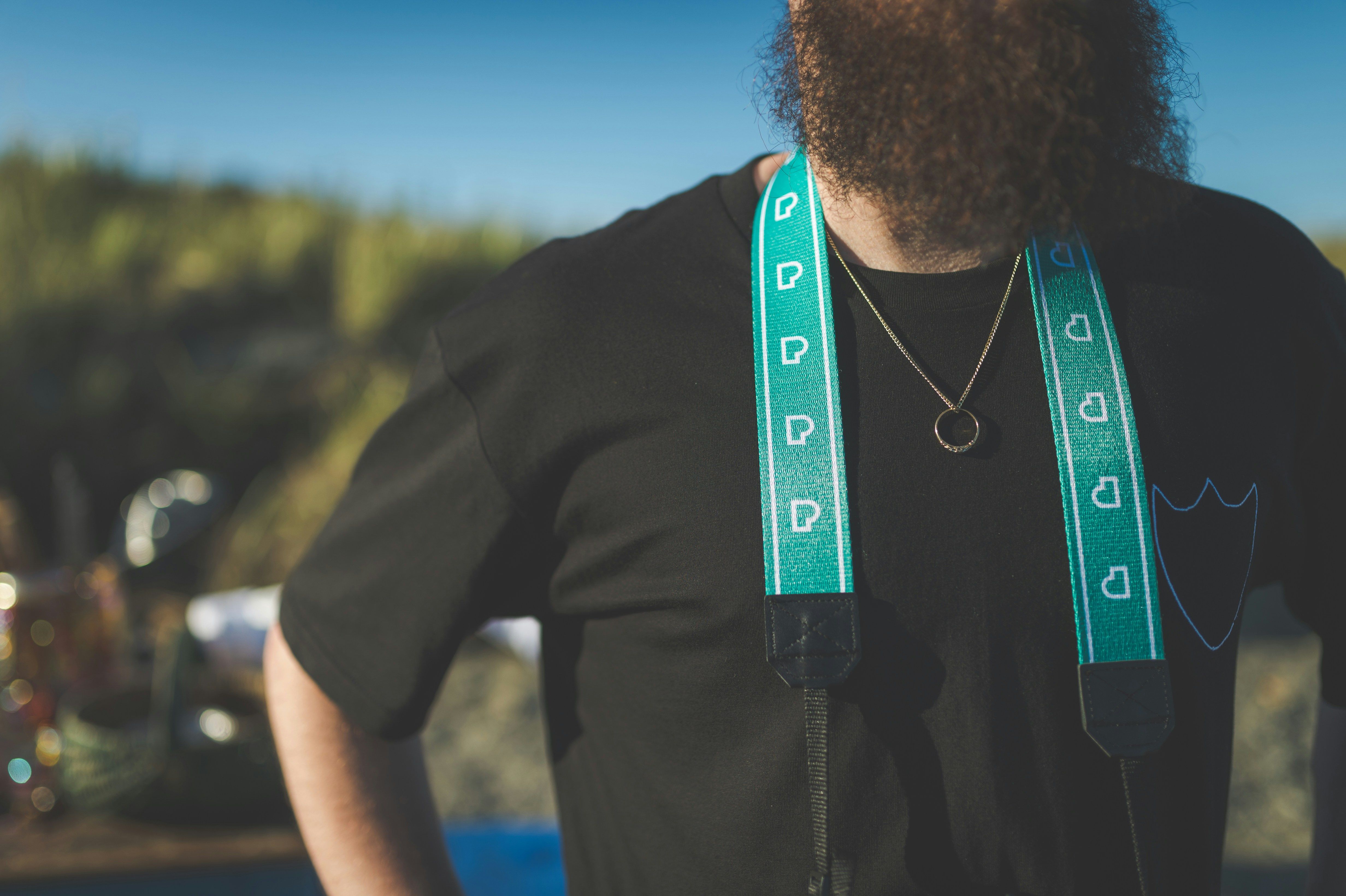Interview with Amaj Rahimi-Midani, the CEO of Poseidon-AI: 5 Key Inquiries Answered
Poseidon-AI: Using AI to Drive Sustainable Aquaculture Solutions
In a recent interview, Dr. Amaj Rahimi-Midani, the CEO of Poseidon-AI, shared insights on the company's mission to revolutionize aquaculture through AI technology. Based in Singapore, Poseidon-AI focuses on AI and data-driven solutions to bolster climate resilience, optimize water management, and promote sustainable farming practices, specifically in the growing of aquatic organisms, or aquaculture.
When asked to describe Poseidon-AI, Dr. Rahimi-Midani explained that the company's core offerings revolve around AI technology integrated into camera-based sensor systems. These sensors continuously monitor aquatic environments, gathering real-time data on water quality and ecosystem health. Utilizing edge computing, Poseidon-AI's AI technology processes this information and delivers actionable insights through an easy-to-use, iPad-like dashboard, enabling efficient management of aquaculture health and long-term sustainability.
The integration of AI in aquaculture, according to Dr. Rahimi-Midani, holds significant benefits for ensuring sustainability while also aiding underserved rural communities worldwide. Poseidon-AI sensors are designed to track crucial parameters such as temperature, dissolved oxygen, pH, and ammonia, crucial indicators of fish health and habitat conditions. By utilizing AI to identify patterns and detect anomalies in real-time, early intervention can be implemented to prevent disease outbreaks, reduce fish mortality, and optimize feeding strategies, resulting in improved efficiency, yields, and more sustainable farming practices.
user-friendliness lies at the heart of Poseidon-AI's design philosophy. The system requires no complicated installation and can be seamlessly deployed in various environments, making it accessible to users with limited technical expertise. One notable initiative is the Integrated Aquaculture System (IAS), which helps address food security challenges in landlocked and resource-limited communities. IAS units use recycled tanks to collect rainwater, creating a sustainable ecosystem where families can grow fish, shrimp, and vegetables with minimal resources. Sensors collect data on water circulation, nutrient levels, and growth conditions, ensuring even inexperienced individuals can maintain a productive and efficient system, promoting sustainable food production.
Poseidon-AI is also equipped to operate in rural areas with limited connectivity. The hardware integrates solar panels for energy independence and relies on edge computing to process data locally, permitting continuous operation without a constant Internet connection. To assist users in rural areas, Poseidon-AI offers hands-on training and technical support, enabling them to effectively operate and troubleshoot the system.
In conversation, Dr. Rahimi-Midani shared examples of Poseidon-AI in action. Partnerships with the United Nations Development Programme (UNDP) and the Global Environment Facility in Costa Rica have seen the deployment of solar-powered aquaculture systems that support indigenous and vulnerable populations by enabling sustainable fish and vegetable production. Ongoing initiatives in Haiti aim to introduce AI-driven aquaculture and clean water initiatives to combat poverty, food insecurity, and water scarcity, pending United Nations Security Council approval. These systems would incorporate solar-powered desalination and rainwater harvesting technologies, providing sustainable water sources while maximizing food production.
By merging AI technology with practical, sustainable solutions, Poseidon-AI is advancing progress in aquaculture, shielding communities, and safeguarding the planet for future generations.
- Dr. Rahimi-Midani emphasized that Poseidon-AI's solutions are rooted in the convergence of AI, data analytics, and environmental science, with a focus on innovating sustainable aquaculture practices.
- AI technology, as part of Poseidon-AI's offerings, is integrated into camera-based sensor systems that gather data for climate-change mitigation and promote sustainable farming practices in aquaculture.
- The AI-driven dashboard provided by Poseidon-AI offers actionable insights for data-driven decision-making in the aquaculture industry—an essential component for personal growth and business expansion.
- Poseidon-AI's AI-powered solutions encompass education and self-development, as they empower users to manage their aquaculture operations more efficiently through technology adoption.
- By fostering early disease detection, optimizing feeding strategies, and ensuring sustainable water management, innovative AI technology like Poseidon-AI's aids in promoting AI and finance collaboration for long-term environmental sustainability.
- The accessibility of Poseidon-AI's solutions is key to achieving its mission—the technology is designed for user-friendliness, ensuring it can be deployed in various environments, even rural areas with limited connectivity.
- With partnerships and initiatives across the globe, from Costa Rica to Haiti, Poseidon-AI is leveraging artificial intelligence to revolutionize the future of aquaculture, fostering sustainable development, and prioritizing the health and prosperity of our planet and communities.





